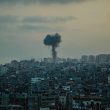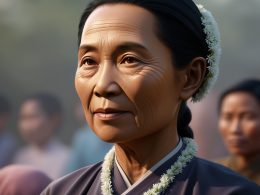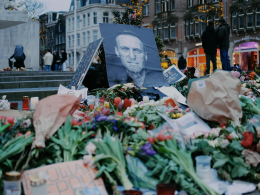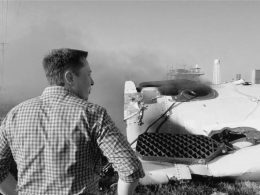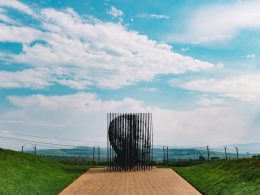Table of Contents Show
Vladimir Putin is a Russian politician who has had a significant impact on the course of Russian politics and world affairs. Born on October 7, 1952, in Leningrad (now St. Petersburg), Putin grew up in a communal apartment with his parents and two siblings. His father, Vladimir Spiridonovich Putin, was a factory foreman, and his mother, Maria Ivanovna Shelomova, was a factory worker. Putin was a talented athlete as a child and was particularly interested in judo. He began training in the sport at the age of 11 and went on to become a black belt.
After graduating from Leningrad State University with a law degree in 1975, Putin went to work for the KGB, the Soviet Union’s intelligence agency. He served as a foreign intelligence officer in East Germany and later in Leningrad, where he developed a reputation as a skilled and effective agent. In 1991, when the Soviet Union collapsed, Putin entered politics, serving as the head of the Federal Security Service (FSB), the successor agency to the KGB.
In 1999, then-President Boris Yeltsin appointed Putin as prime minister, and when Yeltsin resigned later that year, Putin became acting president. In 2000, Putin was elected president in his own right, winning over 50% of the vote in the first round of the election. During his first term in office, Putin worked to stabilize the Russian economy, which had been in crisis since the collapse of the Soviet Union. He also made significant efforts to reassert Russian influence in the region and establish closer ties with other former Soviet republics.
In 2004, Putin was reelected with over 70% of the vote. During his second term, Putin continued to focus on strengthening the Russian economy, and he also worked to assert Russian dominance in the region by taking a more aggressive stance in foreign policy. He oversaw a number of military conflicts during this time, including the Second Chechen War and the conflict with Georgia in 2008.
After stepping down as president in 2008, Putin remained a prominent figure in Russian politics, serving as prime minister under his hand-picked successor, Dmitry Medvedev. In 2012, Putin was once again elected president, winning over 60% of the vote.
During his third term in office, Putin faced a number of challenges, including widespread protests against his rule and tensions with Western countries over Russia's annexation of Crimea and its involvement in the conflict in Ukraine. Putin has also faced criticism for his handling of the Russian economy, which has struggled in recent years due to falling oil prices and Western sanctions.
Despite these challenges, Putin remains a popular figure in Russia, with many Russians viewing him as a strong leader who has restored the country’s pride and power on the world stage. Putin is known for his authoritarian style of governance, which has been characterized by a crackdown on political opposition and independent media.
In addition to his political career, Putin has a number of other interests and hobbies. He is an avid outdoorsman and has been photographed engaging in activities such as fishing, hunting, and horseback riding. Putin is also a black belt in judo and has been known to spar with other high-level practitioners of the sport.
Throughout his political career, Putin has displayed a strong belief in the importance of a strong central government and a powerful military. He has emphasized the need for Russia to assert itself on the world stage and has been a vocal critic of what he sees as Western efforts to contain or undermine Russia.
Critics of Putin’s leadership point to his authoritarian tendencies, his crackdown on political opposition and independent media, and his aggressive foreign policy as evidence of his disregard for democracy and human rights. They also cite his annexation of Crimea as a violation of international law and accuse him of interfering in the political affairs of other countries.
Despite these criticisms, Putin remains a significant figure in world politics, with Russia playing a key role in global affairs. His leadership style and policies have had a major impact on the course of Russian politics and the country's relations with other nations. As Putin continues to shape Russian politics, it remains to be seen what his ultimate legacy will be and how his impact will be remembered by future
generations.
TRENDING ARTICLES

Global Affairs, News, Trending
Russia’s Navalny

News, Society & Culture, Trending
Religions should be taxed

Leaders, Profiles, Trending
Kamala Harris, an American politician

News, Society & Culture, Trending
Should schools have armed guards?

Global Affairs, News, Trending
Russia’s objective

Leaders, Profiles, Trending

